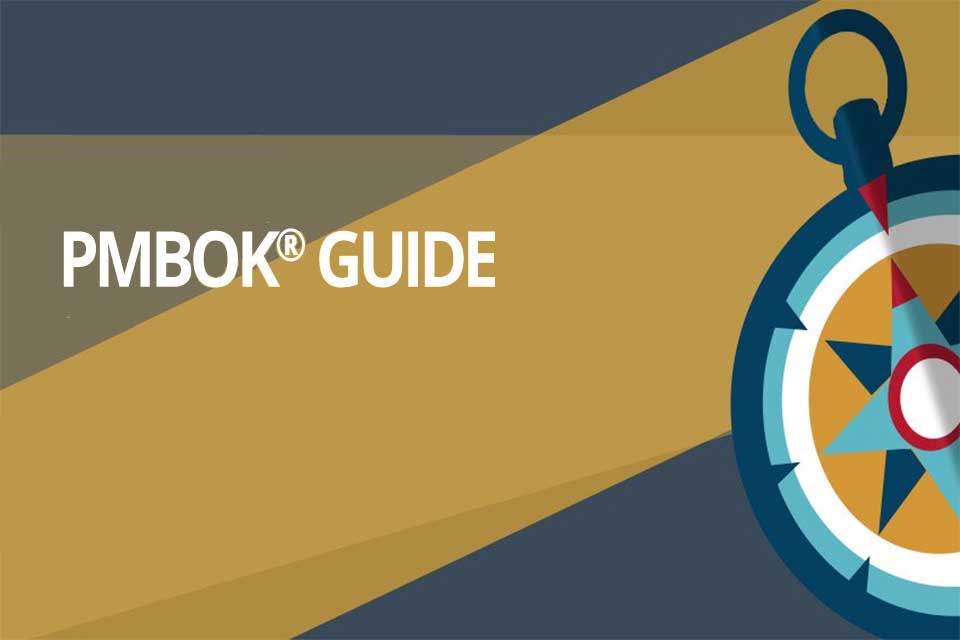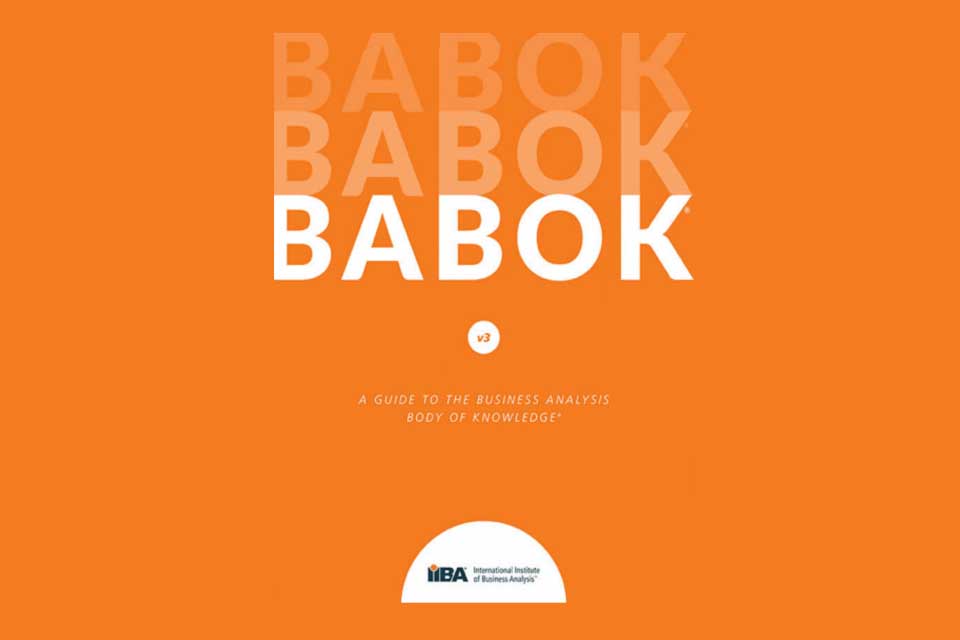What is ICB?
Smartpedia: The Individual Competence Baseline (ICB) is an IPMA competence standard. Version 4 addresses people and required competencies in projects, programmes and portfolios.
ICB – the competence standard of IPMA
The International Project Management Association – IPMA for short – defines so-called competence standards. The IPMA Individual Competence Baseline is currently available in Version 4 – ICB4 for short. It addresses “project, program and portfolio management as a method and management task in a specific environment”.
The titles of the competence standards alone show a development over the last 20 years: a competence description “project management” became “project management and leadership”. But project management and leadership depend on the context, so that the “specific environment” was also considered. And projects are usually embedded in “programs and portfolios”. Of course, it is not surprising that 62 member associations took three years to coordinate and approve ICB4.
The structure of the ICB4 competence areas
The ICB4 describes many facets of competence. However, it is not oriented towards roles such as project managers, but towards the domains of project management, programme management, portfolio management and the people working in these domains. This also places a strong focus on people. The areas of competence are divided into three parts:
Perspective
Perspective (context skills) includes methods, techniques and tools for the interaction of an individual with his environment as well as considerations for the motivation of organizations and employees to initiate projects, programs or portfolios. In concrete terms, 5 competencies are defined:
- strategy (Perspective 1),
- governance, structures and processes (Perspective 2),
- compliance, standards and regulations (Perspective 3),
- power and interests (Perspective 4) and
- culture and values (Perspective 5).
People
People (Personal and Social Competences) explains the qualities needed to successfully participate in and manage projects, programs and portfolios. Here 10 competencies are defined:
- self-reflection and self-management (People 1),
- personal integrity and reliability (People 2),
- personal communication (People 3),
- relationships and commitment (People 4),
- leadership (People 5),
- teamwork (People 6),
- conflicts and crises (People 7),
- versatility (People 8),
- negotiations (People 9) and
- result orientation (People 10).
Practice
Practice (technical competencies) comprises methods, techniques and tools for use in projects, programmes and portfolios. (In contrast to Perspective, however, the application does not focus on the user, but on the framework, e.g. the project). Here 14 competencies are defined:
- project, programme or portfolio design (Practice 1),
- requirements, benefits and objectives (Practice 2),
- scope of services and delivery objects (Practice 3),
- procedures and deadlines (Practice 4),
- organisation, information and documentation (Practice 5),
- quality (Practice 6),
- costs and financing (Practice 7),
- resources (Practice 8),
- procurement and partnership (Practice 9),
- planning and control (Practice 10),
- opportunities and risks (Practice 11),
- stakeholders (Practice 12),
- change and transformation (Practice 13) and
- project selection and portfolio balance (Practice 14).
In addition, the ICB4 also knows so-called competence indicators (KCI) and metrics that enable statements to be made about the success of projects, programmes and portfolios in the respective domain.
The introduction of ICB4 has direct consequences for a IPMA certification. Until 30.06.2019, examinations for the various IPMA levels can still be carried out according to ICB3, but at the latest then ICB4 takes effect. Through the recertification, which is required by IPMA every 5 years, it ensures that ICB4 and its contents are used in practice. Irrespective of the fact that a new entry-level certificate was invented with the GPM basic level and that there are therefore 5 instead of 4 levels, the development paths remain consistent from level to level even with the current standard.
Notes:
[1] ICB4 replaced ICB3 on July 1, 2018. The first competence standard was already published by IPMA in 1997; it operated under the name “PM canon” and described “PM as a method”. Individual Competence Baseline 2 (ICB2) followed in 2000, which declared “PM as a method and leadership task”, before ICB3 addressed “PM as a method and leadership task in the specific environment” in 2005.
Here you can download the German version of the IPMA Individual Competence Baseline Version 4 (ICB4).
The Project Management Body of Knowledge (PMBOK) of the PMI is the counterpart to the ICB.
If you like the article or would like to discuss it, please feel free to share it in your network. And if you have any comments, please do not hesitate to send us a message.
Here you will find additional information from our Smartpedia section:


